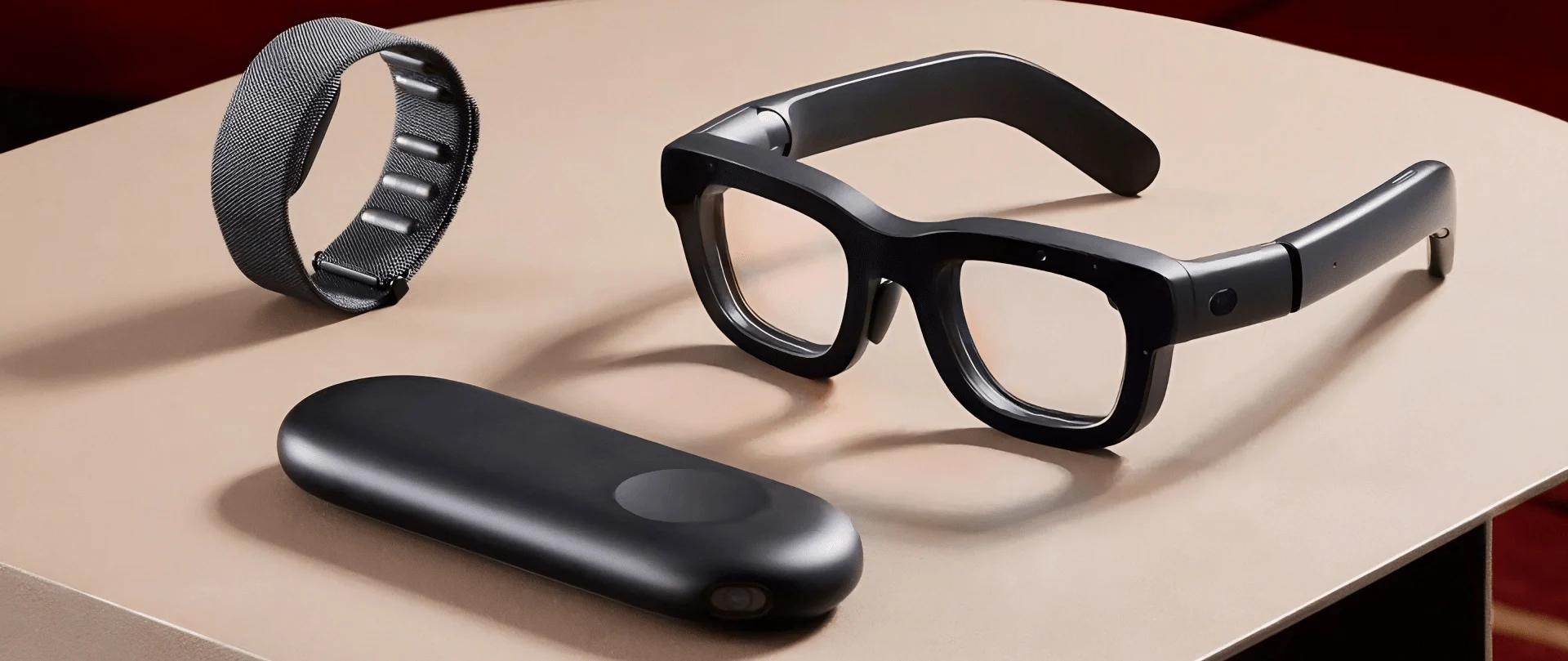Meta’s Orion: The Next Frontier in Smart Glasses Innovation

A Vision for Tomorrow
This week, Meta’s wearables division unveiled the Orion smart glasses, a prototype that Mark Zuckerberg believes could eventually replace the iPhone. This ambitious idea has ignited discussions about the future of mobile technology.
Orion merges augmented reality with cutting-edge features like eye and hand tracking, plus generative AI. Equipped with micro LED projectors and advanced silicon carbide lenses, Meta aims to tackle persistent challenges in AR display technology, allowing users to interact with projected app windows as if they were part of their environment, using gestures, eye movements, and voice commands.
Technology Still in the Works
Potential users should manage their expectations for the Orion glasses. At $10,000, they’re bulkier than standard eyewear and won’t be available for several years as the technology needs to shrink and become more affordable.
Zuckerberg revealed that developing Orion has taken a decade, but there’s no clear commercialization path yet. The challenge remains making this advanced tech accessible to everyday consumers.
Meta isn’t alone in this race. Snap has launched its own smart glasses, albeit larger and less versatile, while Google is revamping its earlier models, and Apple is rumored to be developing a competing AR product.
This competition highlights a growing ambition among tech giants to create sleek, multifunctional devices that could replace smartphones. While Orion shows promise, it still has significant hurdles to overcome for practical use.
Unlike the heavily marketed Quest VR headsets, Orion aims for comfort akin to traditional eyewear, striving for seamless daily integration without the discomfort of VR gear.
In this fast-changing landscape, Orion offers a glimpse of the future while reminding us that significant advancements still require time to become mainstream.
Related News
More News
Latest News

Maharashtra assembly election result 2024 latest update

US Military Launches Strikes on 15 Key Houthi Targets in Yemen

Putin’s Nuclear Doctrine Shake-Up: A Game Changer for Global Tensions

Maldivian President Mohamed Muizzu Set for Key Diplomatic Visit to India, October 6-10

Iran’s Leader Justifies Strikes on Israel in Powerful, Rare Public Address



